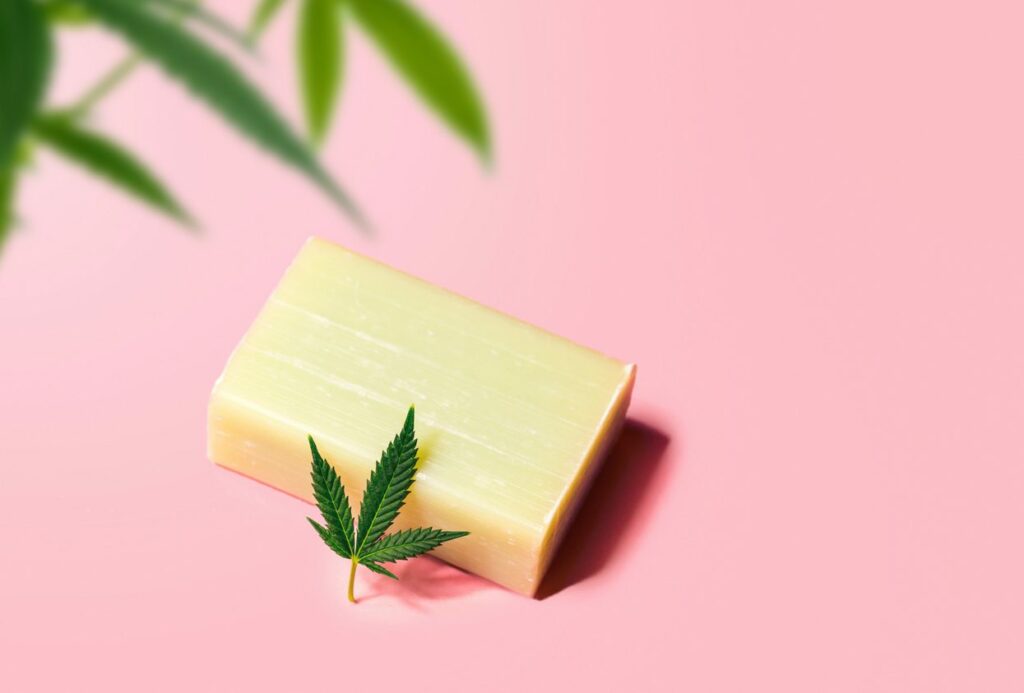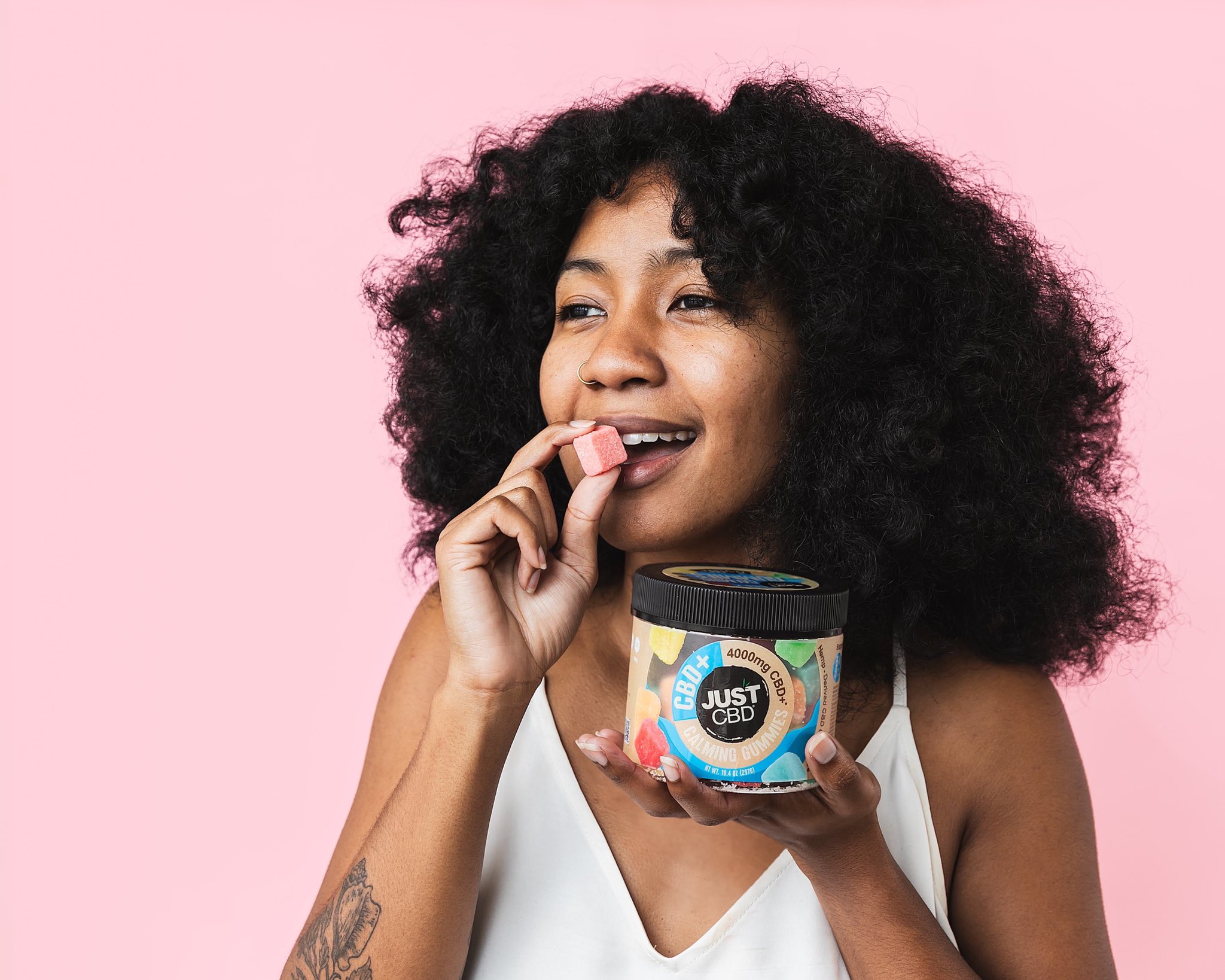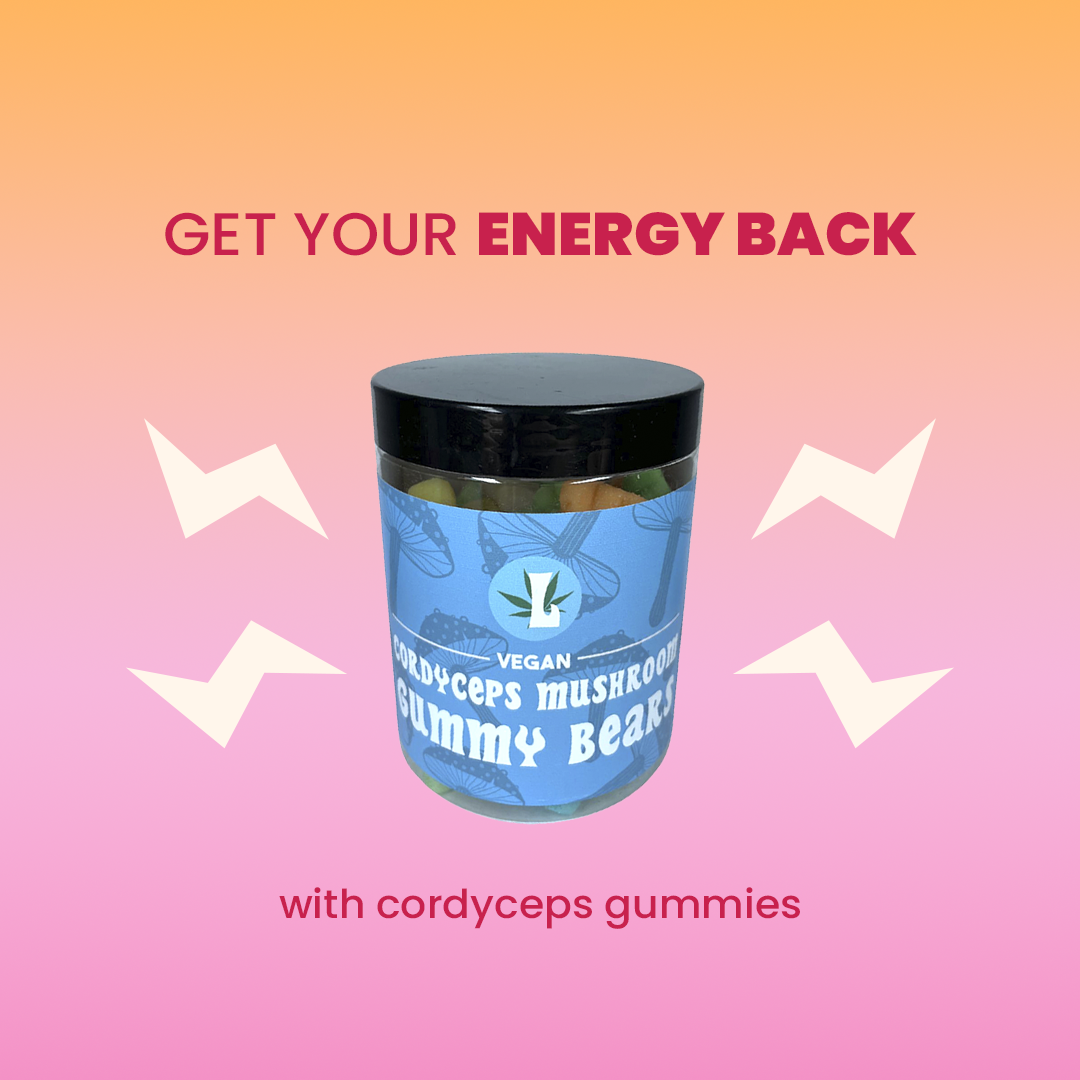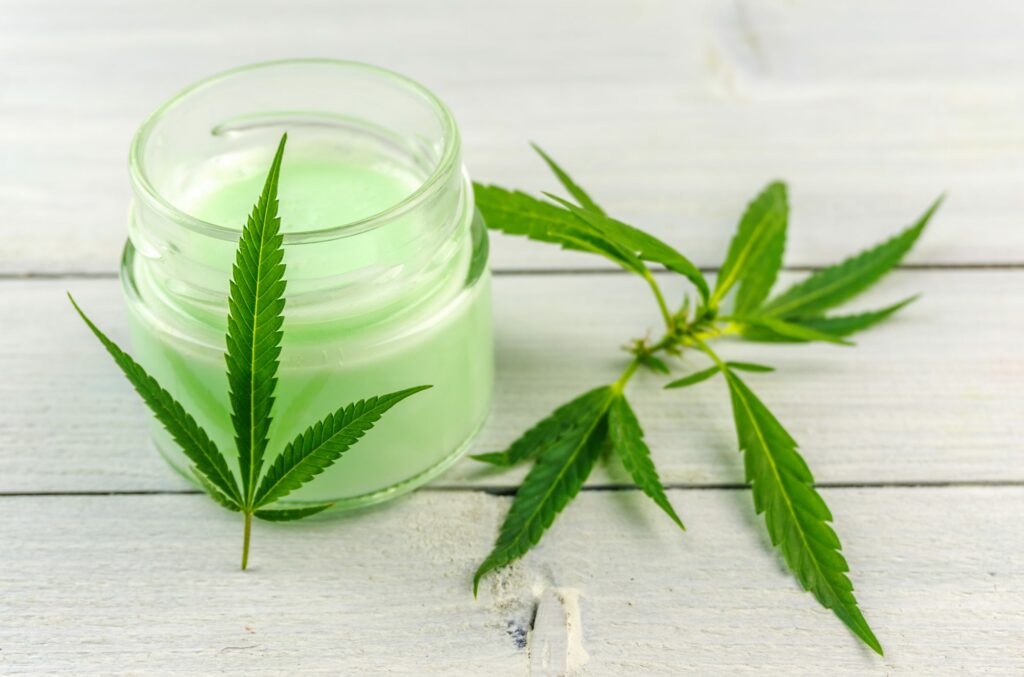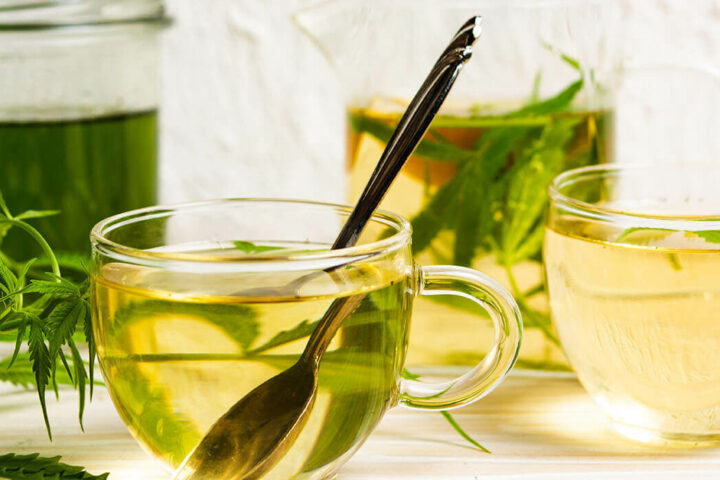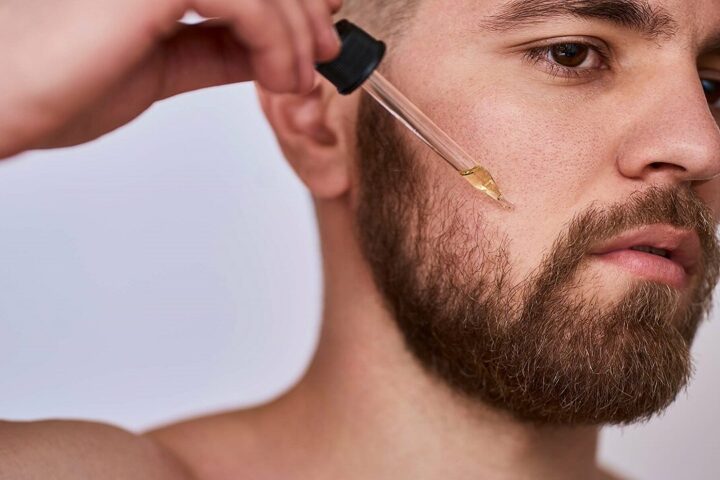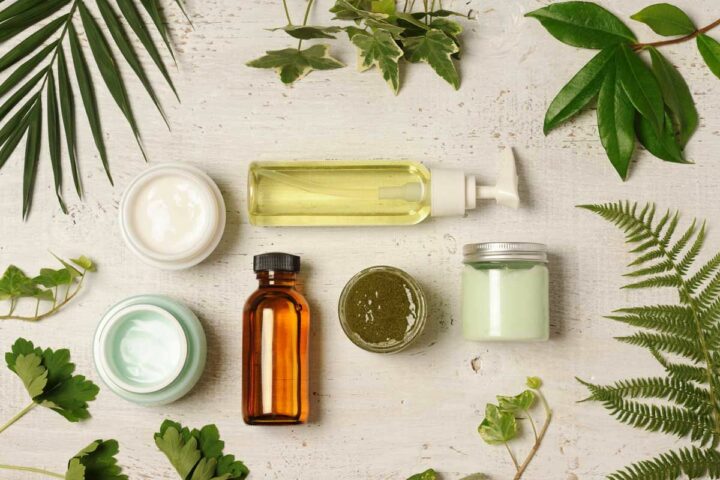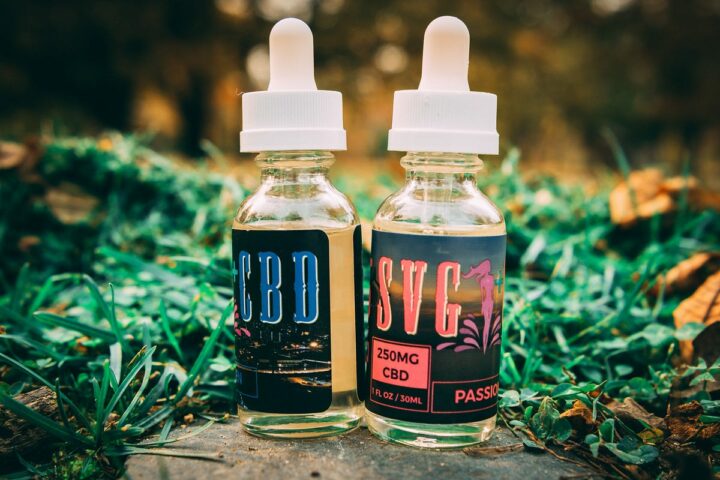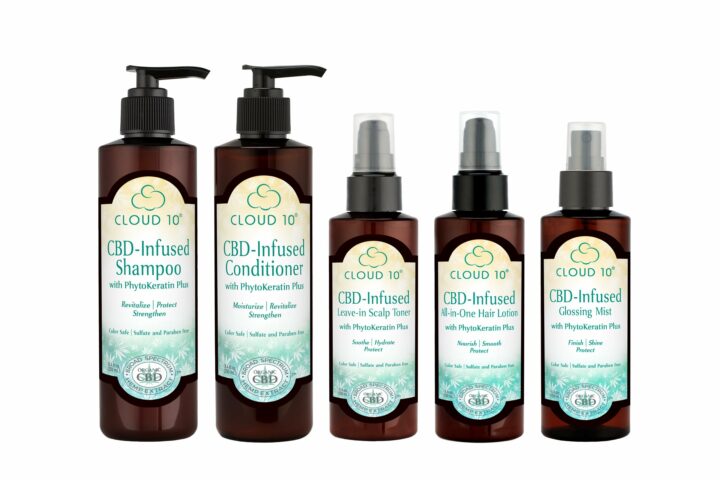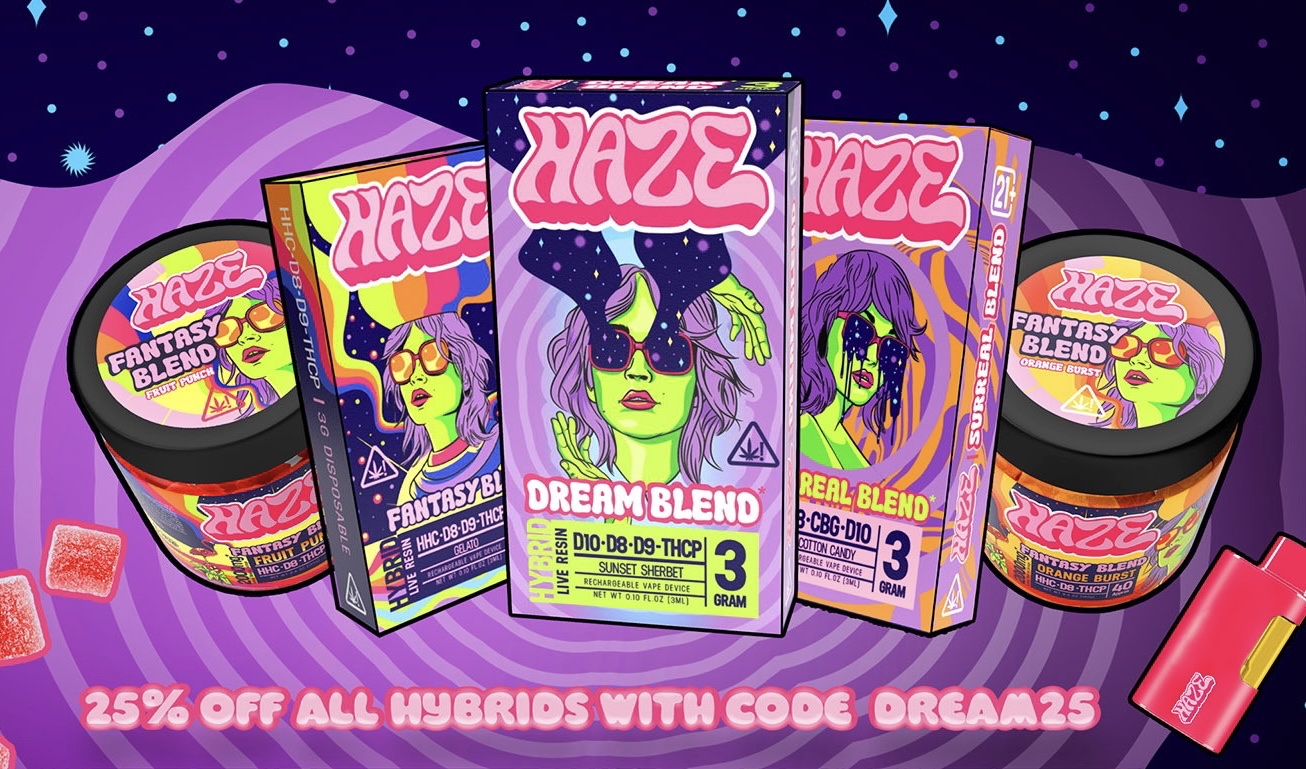CBD Soap
What is CBD Soap
CBD soap is a type of soap that contains CBD, or cannabidiol, which is a non-psychoactive compound found in the hemp plant. CBD soap is becoming increasingly popular as a natural and gentle way to cleanse the skin while providing potential therapeutic benefits.
How is CBD Soap Made?
CBD soap is made by infusing traditional soap with CBD oil or CBD isolate. The soap base is usually made from natural ingredients such as coconut oil, palm oil, or olive oil, and is blended with the CBD oil or isolate. The soap is then molded and allowed to harden.
How Does CBD Soap Work?
When used on the skin, CBD soap is believed to have potential therapeutic benefits due to the interaction of the CBD with the body’s endocannabinoid system (ECS). The ECS is a complex cell-signaling system that regulates a range of functions in the body, including skin health. CBD is believed to interact with the ECS by binding to CB1 and CB2 receptors in the skin, which may help to regulate inflammation and promote healthy skin.
Benefits of CBD Soap
- Soothes skin irritation: CBD soap may help to soothe skin irritation and inflammation, making it a potential treatment for conditions such as eczema, psoriasis, and acne.
- Moisturizing: CBD soap may help to moisturize the skin due to the presence of natural oils such as coconut oil, which can help to prevent dryness and improve skin hydration.
- Relaxing: CBD soap may have a relaxing effect due to the potential therapeutic benefits of CBD, which may help to reduce anxiety and promote relaxation.
- Natural: CBD soap is often made from natural ingredients and is free from harsh chemicals and synthetic fragrances, making it a gentle and natural way to cleanse the skin.
Conclusion
CBD soap is a type of soap that contains CBD oil or CBD isolate. It is made by infusing traditional soap with CBD and is believed to have potential therapeutic benefits for the skin. CBD soap may help to soothe skin irritation, moisturize the skin, promote relaxation, and is often made from natural ingredients. However, as with any new product, it is important to speak with a healthcare provider before starting to use CBD soap, especially if you have any underlying health conditions or are taking other medications.
How to use CBD Soap
CBD soap is used in much the same way as traditional soap, but with the added potential therapeutic benefits of CBD. Here is a comprehensive guide on how to use CBD soap:
Step 1: Wet Your Skin
Start by wetting the area of skin that you want to cleanse with warm water. This will help to open up your pores and prepare your skin for cleansing.
Step 2: Lather the CBD Soap
Take the CBD soap and lather it up in your hands or using a washcloth. The lather should be thick and creamy, which will help to ensure that the soap is evenly distributed over your skin.
Step 3: Massage into Skin
Massage the lather into your skin, using circular motions. This will help to promote circulation and help the soap to penetrate deeply into your pores.
Step 4: Rinse Off
Once you have massaged the soap into your skin, rinse it off thoroughly with warm water. Make sure that all of the soap is rinsed off, as leaving soap residue on your skin can cause dryness and irritation.
Step 5: Pat Skin Dry
Gently pat your skin dry with a soft towel. Avoid rubbing your skin vigorously, as this can cause irritation.
Step 6: Moisturize
After you have dried your skin, apply a moisturizer to help lock in moisture and keep your skin soft and supple. Look for a moisturizer that is made from natural ingredients and is free from harsh chemicals and synthetic fragrances.
Conclusion
CBD soap is used in much the same way as traditional soap, but with the added potential therapeutic benefits of CBD. To use CBD soap, start by wetting your skin, lather up the soap, massage it into your skin, rinse it off thoroughly, pat your skin dry, and then apply a moisturizer. As with any new product, it is important to speak with a healthcare provider before starting to use CBD soap, especially if you have any underlying health conditions or are taking other medications.
CBD Soap Dosing
CBD soap is not typically dosed in the same way as CBD oil or other CBD products, as the amount of CBD in each bar of soap can vary. However, it is important to choose a CBD soap with a consistent and reliable dose of CBD to ensure that you are getting the desired therapeutic benefits. Here are some factors to consider when choosing a CBD soap:
CBD Concentration
Check the label to see how much CBD is contained in each bar of soap. Some CBD soaps may have a higher concentration of CBD than others, which may affect their therapeutic benefits.
Personal Needs
Consider your personal needs and the reason why you are using CBD soap. If you are using it for general skin health, a lower concentration of CBD may be sufficient. However, if you are using it for a specific skin condition, such as acne or eczema, a higher concentration may be more effective.
Start Low and Go Slow
If you are new to CBD soap, start with a lower concentration of CBD and gradually work your way up until you find the dose that works best for you. This will help you to avoid any potential side effects, such as dryness or irritation.
Conclusion
CBD soap is not typically dosed in the same way as other CBD products, but it is important to choose a CBD soap with a consistent and reliable dose of CBD to ensure that you are getting the desired therapeutic benefits. Check the label to see how much CBD is contained in each bar of soap, consider your personal needs, and start with a lower concentration of CBD if you are new to CBD soap. As with any new product, it is important to speak with a healthcare provider before starting to use CBD soap, especially if you have any underlying health conditions or are taking other medications.
Benefits of CBD Soap
CBD soap has gained popularity in recent years due to its potential therapeutic benefits. Here is a comprehensive guide on the benefits of CBD soap:
Skin Health
CBD has been shown to have anti-inflammatory and antioxidant properties, which may help to improve skin health. CBD soap may help to soothe irritated skin, reduce redness and inflammation, and promote overall skin health.
Acne Treatment
CBD has also been shown to have potential benefits for acne-prone skin. CBD soap may help to regulate oil production, reduce inflammation, and prevent the formation of acne.
Eczema and Psoriasis Relief
CBD soap may also be beneficial for those with eczema and psoriasis. CBD has been shown to have anti-inflammatory properties, which may help to reduce the symptoms of these conditions, such as redness, itching, and inflammation.
Relaxation and Stress Relief
CBD has been shown to have potential benefits for relaxation and stress relief. Using CBD soap may help to promote a sense of calm and relaxation, which can help to reduce stress and anxiety.
Moisturizing Properties
CBD soap may also have moisturizing properties, which can help to keep skin soft and supple. Some CBD soaps are formulated with natural ingredients that can help to hydrate and nourish the skin.
Conclusion
CBD soap has potential benefits for skin health, acne treatment, eczema and psoriasis relief, relaxation and stress relief, and moisturizing properties. While more research is needed to fully understand the therapeutic benefits of CBD soap, many users have reported positive results. As with any new product, it is important to speak with a healthcare provider before starting to use CBD soap, especially if you have any underlying health conditions or are taking other medications.
Legality of CBD in the UK
CBD, or cannabidiol, is legal in the UK as long as it meets certain conditions. Here is a comprehensive guide on the legality of CBD in the UK:
Definition of CBD
CBD is one of many compounds found in the cannabis plant. However, it is non-psychoactive and does not produce the “high” associated with THC, another compound found in cannabis.
Legal Limit of THC
CBD is legal in the UK as long as it contains less than 0.2% THC (tetrahydrocannabinol), which is the psychoactive compound found in cannabis. Any CBD product that contains more than 0.2% THC is considered a controlled substance and is illegal under UK law.
Licensing
CBD products must be licensed by the Medicines and Healthcare products Regulatory Agency (MHRA) to be legally sold in the UK. Products that are not licensed by the MHRA are considered illegal.
Advertising Claims
CBD products cannot be marketed as medicinal products unless they have been licensed by the MHRA. Companies that make medical claims about their CBD products without the necessary licenses risk being fined or having their products confiscated.
Hemp Farming
Hemp, the variety of cannabis that is used to make CBD products, can be legally grown in the UK as long as it contains less than 0.2% THC. Farmers must obtain a license from the Home Office to grow hemp for commercial purposes.
Conclusion
CBD is legal in the UK as long as it meets certain conditions, including containing less than 0.2% THC and being licensed by the MHRA. Companies that make medical claims about their CBD products without the necessary licenses risk being fined or having their products confiscated. Hemp can be legally grown in the UK as long as it contains less than 0.2% THC and farmers obtain a license from the Home Office. As laws and regulations can change over time, it is important to stay up to date with the latest information on the legality of CBD in the UK.
FAQs – CBD Soap
What does CBD soap do?
CBD soap, infused with cannabidiol (CBD), offers a unique way to incorporate the potential benefits of CBD into your skincare routine. CBD is known for its potential anti-inflammatory and antioxidant properties, which may help soothe and nourish the skin. CBD soap can be used to cleanse and moisturize the skin, potentially reducing redness, dryness, and irritation. Additionally, CBD soap may offer relaxation and stress relief through the aromatherapy benefits of essential oils often used in its formulation. However, it’s important to note that individual experiences may vary, and more research is needed to fully understand the specific benefits of CBD soap. As with any skincare product, it’s advisable to choose a reputable brand and consider personal skin sensitivities before incorporating CBD soap into your routine.
Is CBD soap effective?
The effectiveness of CBD soap may vary depending on individual factors and the specific formulation of the product. CBD is known for its potential anti-inflammatory and antioxidant properties, which can benefit the skin. However, the concentration of CBD in soap may be relatively low compared to other CBD products like oils or topicals, and its effectiveness may be limited. Additionally, the effectiveness of CBD soap may also depend on other ingredients used in the formulation, such as essential oils or moisturizing agents. It’s important to choose a reputable brand and consider personal skin sensitivities when deciding to use CBD soap. While some individuals may find it beneficial for their skin, more research is needed to fully understand the extent of its effectiveness.
How long does CBD soap take to work?
The time it takes for CBD soap to work can vary depending on factors such as the individual’s skin type, the concentration of CBD in the soap, and the specific benefits being sought. CBD soap is typically used for its potential benefits to the skin, such as moisturizing, soothing, or addressing specific skin concerns. Some individuals may experience immediate effects, such as improved hydration or a calming sensation, while others may require consistent use over time to notice significant results. It’s important to note that CBD soap is primarily used for topical application and is not intended for systemic absorption, so its effects are typically localized to the area of application on the skin.
Can I rub CBD on my skin?
Yes, you can rub CBD on your skin. CBD-infused topicals, such as creams, lotions, balms, or oils, are specifically designed for topical application. When applied to the skin, CBD topicals can interact with cannabinoid receptors in the skin and underlying tissues, potentially providing localized benefits. These products are commonly used to soothe and moisturize the skin, relieve muscle tension, reduce inflammation, and address specific skin conditions. It’s important to follow the instructions provided by the manufacturer and consult with a healthcare professional if you have any specific concerns or questions about using CBD topicals.
Is CBD good for arthritis?
Yes, CBD has shown promise in relieving arthritis symptoms. Arthritis is characterized by joint inflammation and pain, and CBD has anti-inflammatory and analgesic properties that may help reduce these symptoms. CBD interacts with the body’s endocannabinoid system, which plays a role in regulating pain perception and inflammation. By targeting cannabinoid receptors, CBD may help alleviate pain, improve joint mobility, and decrease inflammation in arthritis patients. However, more research is needed to fully understand the effects and optimal use of CBD for arthritis. It’s important to consult with a healthcare professional before starting any new treatment for arthritis.
How long does it take CBD to absorb on skin?
When applied topically, CBD can be absorbed by the skin relatively quickly. The exact time it takes for CBD to absorb into the skin can vary depending on factors such as the concentration of CBD in the product, the quality of the carrier oil or lotion used, and individual differences in skin characteristics. Generally, CBD-infused topicals are designed to be absorbed within a few minutes of application. However, it’s important to note that the effects of CBD on the skin may take longer to manifest compared to other forms of administration, such as sublingual ingestion. It’s recommended to follow the instructions provided by the product manufacturer and allow sufficient time for the CBD to be absorbed and take effect.
How often can you apply CBD to skin?
The frequency of applying CBD to the skin can vary depending on personal preferences and the specific product being used. In general, it is safe to apply CBD topicals to the skin multiple times a day as needed. However, it’s advisable to start with a small amount and observe how your skin responds before increasing the frequency. Some people may find that applying CBD once or twice a day is sufficient for their needs, while others may benefit from more frequent application. It’s important to follow the instructions provided by the product manufacturer and listen to your body’s response to determine the optimal frequency of CBD application for your individual situation.
Does topical CBD affect the liver?
When used topically, CBD generally does not significantly affect the liver. Topical CBD products, such as creams, lotions, or balms, are applied directly to the skin and do not enter the bloodstream in significant amounts. Therefore, they are unlikely to reach the liver or have a significant impact on liver function. However, it’s worth noting that if you are using a CBD product that is intended for oral consumption or inhalation, such as CBD oil or capsules, there is a potential for CBD to interact with liver enzymes. In such cases, it’s important to consult with a healthcare professional to ensure safe and appropriate use, especially if you have underlying liver conditions or are taking other medications that may interact with CBD.
How many hours does the CBD effect last?
The duration of CBD’s effects can vary depending on various factors, including the method of consumption, dosage, individual body chemistry, and the specific purpose of use. When CBD is ingested orally, such as through capsules or edibles, the effects may last for about 4-6 hours. Sublingual consumption, where CBD oil is placed under the tongue, may have a quicker onset and can last for 2-4 hours. Inhalation methods, such as vaping or smoking CBD, typically have a more immediate effect that can last for 1-3 hours. Topical application of CBD products, such as creams or lotions, may provide localized relief for several hours. It’s important to note that these are general estimates, and individual experiences may vary.
Can I take CBD and drink alcohol?
While CBD and alcohol are both substances that can have an impact on the body, combining them may intensify the effects of each other. Some people may find that taking CBD and drinking alcohol together leads to increased drowsiness, impaired motor function, and reduced cognitive abilities. It’s advisable to exercise caution when using CBD and alcohol simultaneously, especially if you’re unsure how your body will react to the combination. It’s always a good idea to consult with a healthcare professional before combining CBD and alcohol or making any significant changes to your routine.
Do you sleep a lot after taking CBD?
The effect of CBD on sleep can vary from person to person. While some individuals may experience improved sleep quality and find that CBD promotes a sense of relaxation, others may not notice significant changes in their sleep patterns. CBD is not known to cause excessive sleepiness or drowsiness when used in moderate doses. However, it’s important to note that individual responses to CBD can vary, and factors such as dosage, body chemistry, and other medications or substances being used can influence the effects. If you have concerns about how CBD may affect your sleep, it’s best to consult with a healthcare professional for personalized advice.
How much CBD should a beginner start with?
For beginners, it’s generally recommended to start with a low dosage of CBD and gradually increase it as needed. A common starting point is 10-20 milligrams (mg) of CBD per day. This allows you to assess how your body responds to CBD and observe any potential effects. It’s important to note that individual tolerance and sensitivity to CBD can vary, so it’s best to start with a conservative dose and adjust as necessary. Consulting with a healthcare professional or following the product’s recommended dosage guidelines can provide further guidance on appropriate dosing for beginners.
What form of CBD is best for beginners?
For beginners, CBD oil tinctures or capsules are often recommended as they provide precise and easy-to-manage dosing. CBD oil tinctures are taken sublingually (under the tongue), allowing for quick absorption into the bloodstream. They usually come with a dropper for precise measurement and can be easily adjusted to find the right dosage. CBD capsules, on the other hand, offer pre-measured doses and can be taken orally like any other supplement. Both options provide a convenient and beginner-friendly way to incorporate CBD into your routine. It’s always advisable to start with a low dosage and gradually increase as needed, monitoring the effects and consulting with a healthcare professional if necessary.
What is the best CBD for first time?
The best CBD product for first-time users often depends on personal preferences and specific needs. CBD oil tinctures or capsules are commonly recommended for beginners due to their ease of use and flexibility in dosage. These options allow for precise and controlled dosing, making it easier to find the right amount for individual needs. Additionally, full-spectrum CBD products, which contain a wide range of cannabinoids and terpenes, are often preferred as they offer the potential benefits of the entire hemp plant. However, it’s important to start with a low dosage and gradually increase as needed, while closely monitoring how your body responds. It’s also advisable to choose high-quality CBD products from reputable brands and consult with a healthcare professional for personalized recommendations.
Is CBD a drug?
CBD, short for cannabidiol, is a naturally occurring compound found in the cannabis plant. While it is derived from cannabis, CBD itself is not considered a drug in the traditional sense. It is important to distinguish CBD from THC, another compound found in cannabis that is responsible for the psychoactive effects commonly associated with marijuana. Unlike THC, CBD does not produce a “high” and is not classified as a controlled substance. In fact, CBD is widely available in various forms, including oils, capsules, and topicals, and is used by many people for its potential therapeutic benefits. However, it’s important to note that regulations surrounding CBD can vary by country, so it is essential to understand the legal status of CBD in your specific jurisdiction.
- Apple Gelato Weed Strain Information - May 2, 2024
- Sweet Tart Weed Strain Information - April 27, 2024
- Expert Guide to White Fire OG (WiFi OG) Weed Strain Information - April 20, 2024
